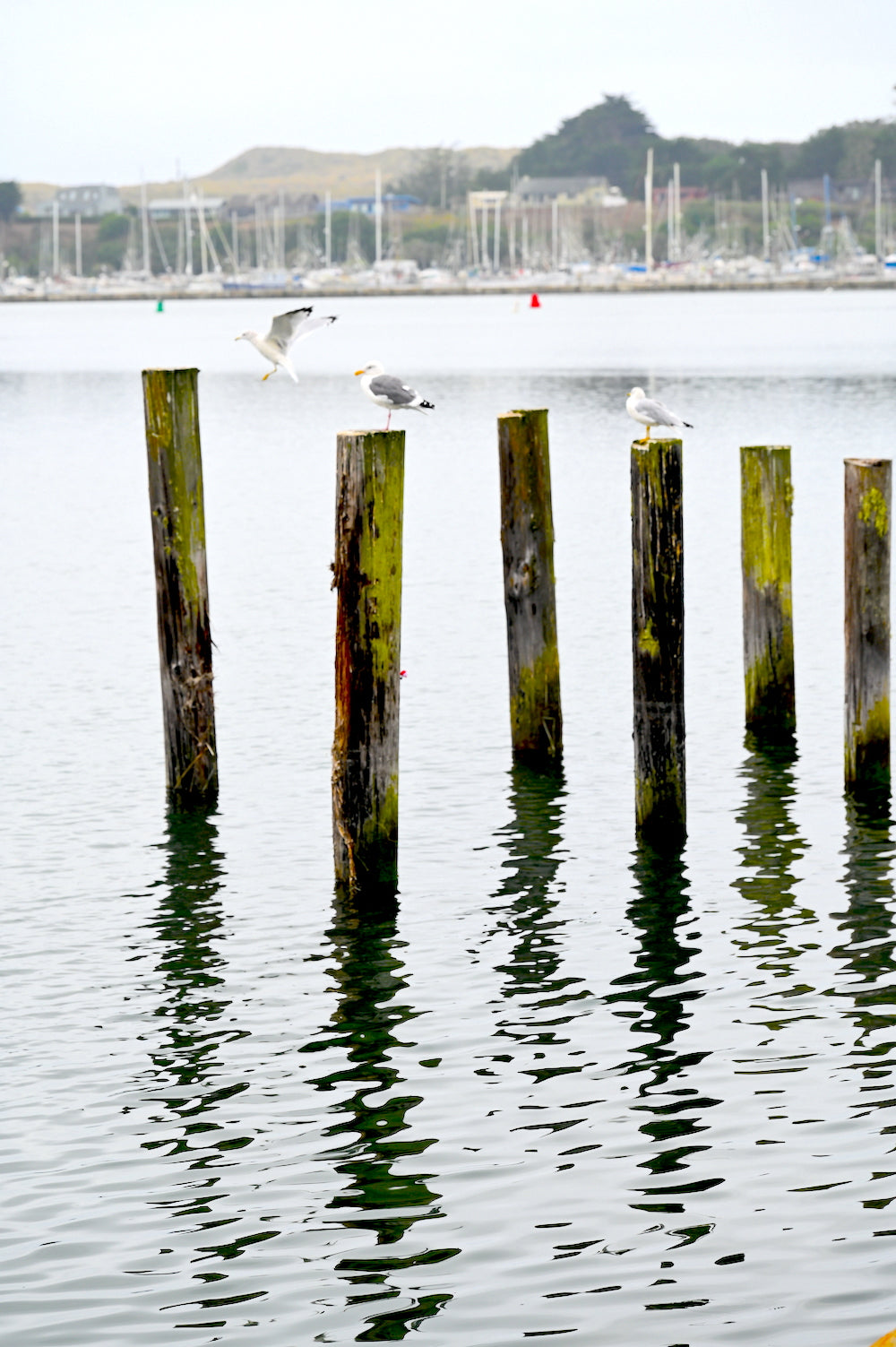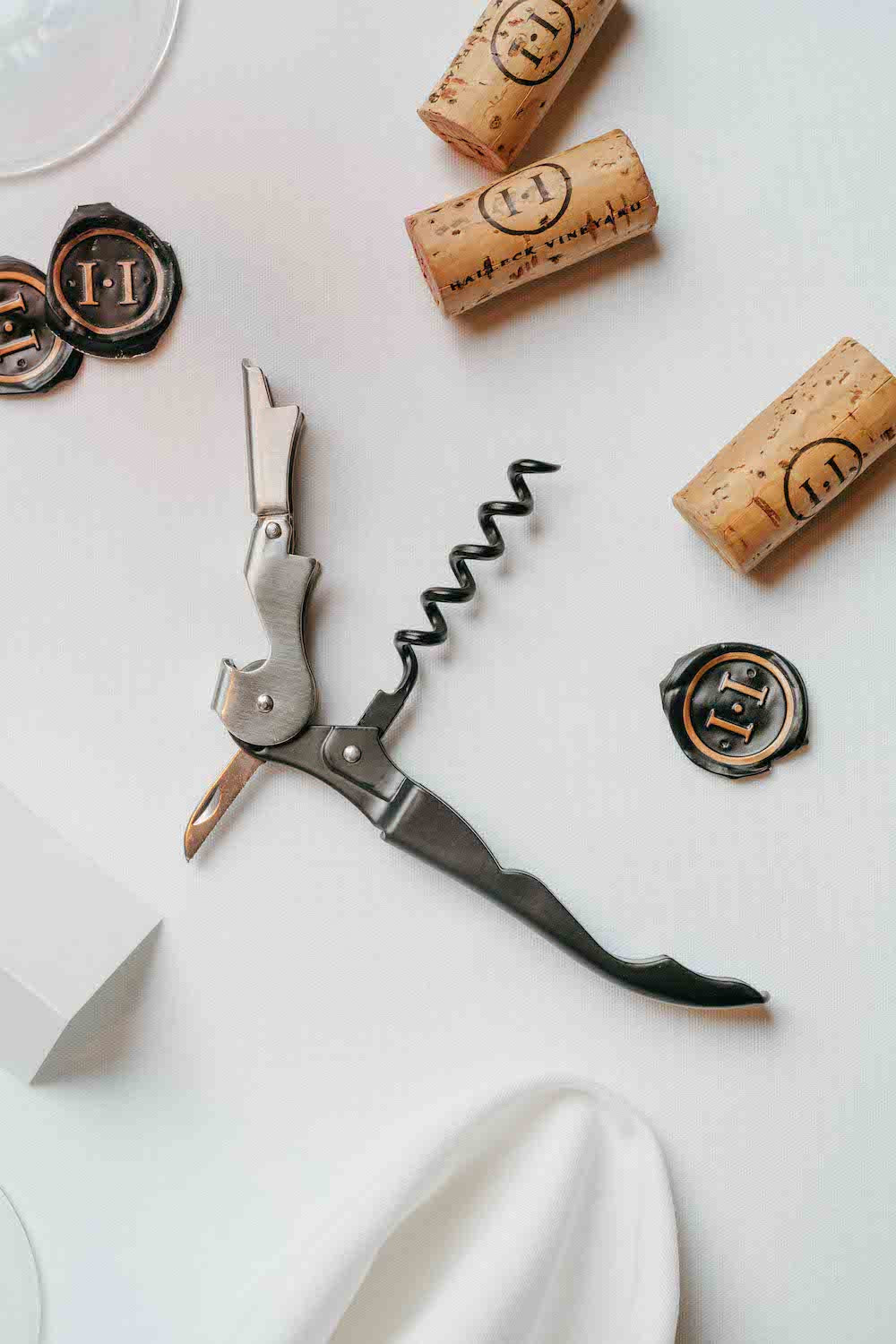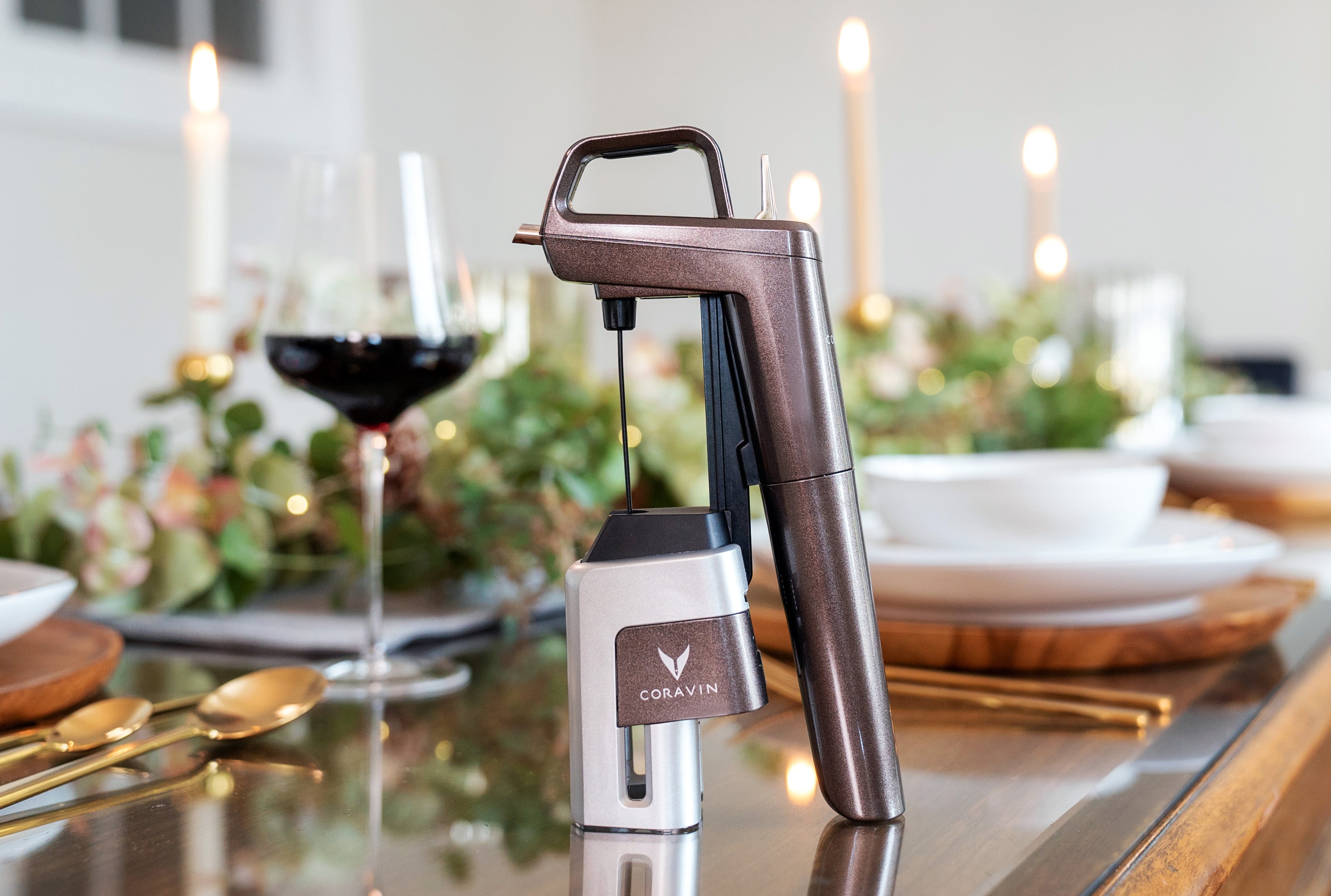Wineries With Beautiful Architecture - Sonoma Vineyard Tours
Wineries With Beautiful Architecture - Sonoma Vineyard Tours
Blog Article
Wineries With Artisan Chocolate Pairings In Sonoma - Sonoma Wine Tastings
Visiting a winery for a wine tasting may be an enchanting experience, particularly when you understand how to maximise the chance with tasting notes. These notes serve as a guide to understanding the complexities of the wines you sample and assist in forming a deeper connection with each pour. Using tasting notes can remodel your experience, permitting you to savor not simply the taste but also the story behind each bottle.
Every wine has a unique profile influenced by grape selection, terroir, and winemaking techniques. Understanding these elements can enhance your appreciation of the wine. When you would possibly be given a tasting menu or a flight of wines to pattern, take the time to learn through any descriptions offered (Celebrated Winemakers To Discover In Sonoma). This preliminary overview can set the tone and expectations on your tasting experience.
Start your wine tasting by observing the wine in your glass. The colour can reveal so much concerning the wine’s age and varietal. Take notes on the hue, clarity, and viscosity. A well-structured tasting note typically contains this visual evaluation as it types the muse of your evaluation. Whereas it may appear trivial, the visible aspect is essential in wine tasting.
Wineries Known For Handcrafted Wines - Sonoma Vineyards Worth Visiting
After your visual evaluation, it's time to take a delicate whiff. Swirl the wine in your glass to aerate it, releasing its aroma. This is the place tasting notes turn out to be significantly priceless. Make notes concerning the different scents you detect—fruits, spices, or floral hints. Figuring Out these aromas will assist you to put words to the intrinsic complexities of the wine you're sampling.

The next crucial step is the tasting itself. Take a small sip and let the wine roll over your palate. Note the flavors you experience. Are they sweet or tart? The Place does your palate detect each flavor? Some wines might current quick sweetness adopted by a tannic end. Use your tasting notes to document these layers, creating a roadmap of your sensory experience.
Contemplate also the mouthfeel of the wine as you taste. Is it clean, crisp, creamy, or maybe tannic? This textural high quality considerably influences the general enjoyment and impression of the wine. Observing the mouthfeel can reveal the standard and craftsmanship behind the winemaking course of.
It's beneficial to compare different wines as you style them. If you are sampling a flight with contrasting varietals, make a remark of the differences you perceive. How does the acidity vary from one wine to another? Which wine feels fuller, and which is more refreshing? This comparative exercise deepens your understanding and helps sharpen your analytical skills.
Wineries Known For Their Beautiful Gardens - Best Wineries In Sonoma For A Wine Experience

Engage with the winery workers while tasting. Educated hosts often share insights concerning the winery's history, the precise vintage, or the winemaking philosophy, enriching your appreciation of the wine. Don't hesitate to ask questions that pique your interest based mostly on your tasting notes. Many hosts enjoy discussing their wines and might offer a wealth of information that isn’t readily available from printed materials. Wineries Known For Sustainable Practices In Sonoma.
Hold in mind the seasonality of wines as you style. Completely Different wines evoke varied moods and pair nicely with distinct culinary experiences. Take notes on the way you may get pleasure from a particular wine with food. This not only provides context to your tasting notes but additionally aids future selections and purchases.

One Other useful tip whereas using tasting notes at a winery is to report your impressions immediately. As wines can mix and create a uniform flavor memory, jotting down your ideas promptly ensures a more correct reflection of your experience. Use adjectives that resonate with you, crafting a personal vocabulary to explain each wine primarily based on your preferences.
After finishing the tasting, review the notes you’ve taken. Replicate on which wines stood out to you and why. This reflection reinforces your tasting experience and highlights what you might search in future purchases. If you've famous specific aromas or flavors that captivated you, this info empowers you to pick out wines that align along with your palate.
Wineries Offering Private Events - Sonoma’s Lush Vineyard Landscapes
Wine tasting can even function an opportunity for socializing. Sharing your tasting notes with companions can ignite partaking discussions on flavors, preferences, and impressions. This communal aspect of wine tasting often enhances the experience, cementing lasting recollections you could recall with a cup of wine in hand.
In conclusion, utilizing tasting notes at a winery wine tasting can significantly improve your experience. By observing the visual aspects, aromas, flavors, mouthfeel, and even the tales behind the wines, you create a wealthy tapestry of notes that can guide your future wine experiences. Participating with the employees, comparing wines, and reflecting on your impressions will deepen your appreciation for the art of winemaking. Every tasting is an opportunity to discover and join with wines in exciting new methods. With practice, your tasting notes will evolve, changing into a cherished element of your wine journey.
Celebrated Winemakers To Discover In Sonoma - Sonoma Wine Culture
- Start by familiarizing yourself with the winery's tasting notes; they often describe the wine’s aroma, flavor profile, and finish, providing a helpful framework.
- Use your senses of sight and odor before tasting; swirl the wine in your glass, observe its color, and inhale its bouquet to capture the wine's preliminary traits.
- When tasting, take a small sip and let the wine coat your palate; give consideration to the primary flavors and any secondary notes that may emerge, corresponding to fruit, spice, or earthiness.
- Pay consideration to the feel and mouthfeel of the wine; is it smooth, tannic, creamy, or crisp? This aspect can considerably improve your understanding of the wine.
- Compare the tasting notes with your sensory experience, noting any similarities or discrepancies, which might deepen your appreciation of every wine’s complexity.
- Think About the wine’s aging potential by analyzing its construction and stability; some wines may be enjoyable now, whereas others might evolve beautifully over time.
- Take notes in the course of the tasting; recording your impressions might help you keep in mind every wine higher and refine your palate for future tastings.
- Engage with the tasting workers; ask questions in regards to the wine production course of, grape varieties, and the precise notes you're detecting to boost your information and experience.
- Explore pairing recommendations alongside your tasting; understanding which foods complement the wine can enrich each the tasting experience and your appreciation for the wine's nuances.
- Respect varying preferences amongst your group; wine tasting is subjective, and inspiring open dialogue about individual tastes can result in a more gratifying and informative experience.undefinedWhat are tasting notes, and why are they important at a wine tasting?undefinedTasting notes are descriptions of the flavors, aromas, and total impressions of a wine. They are essential as a result of they guide your palate and enhance your understanding of the wine's traits, helping you respect different varieties and styles.
How ought to I take notes during a wine tasting?undefinedYou ought to give attention to key parts such as aroma, flavor, physique, acidity, and finish. Use a structured format or template to categorize your thoughts and write down your impressions instantly after tasting. This helps you keep in mind your ideas later.
Can I use my very own words to explain a wine, or should I stick to straightforward tasting terms?undefinedYou can absolutely use your individual words to describe a wine. While commonplace tasting terms might help convey particular qualities, personal descriptors add authenticity to your notes and may make your from this source wine experience extra enjoyable and relatable.
Should I give consideration to specific flavors within the wine or the general experience?undefinedEach features are necessary. Whereas specific flavors allow you to identify the distinctive traits of a wine, the overall experience encompasses how all elements combine—creating a extra holistic understanding of the wine.
Best Chardonnays From Sonoma Winemakers - Wine Tasting At Sonoma Vineyards
What if I can't establish sure aromas or flavors throughout a tasting?undefinedIt’s frequent to have difficulty identifying particular tastes or scents. Don’t hesitate to ask for assist or steerage from the employees at the winery. They can provide insights and assist refine your palate over time through practice.
How can I use tasting notes to choose wines in the future?undefinedBy reviewing your tasting notes, you can determine your preferences and trends in your wine choices. This permits you to select wines that align together with your palate in future tastings and purchases, making your experience extra gratifying.
Is it acceptable to check wines throughout a tasting?undefinedSure, comparing wines can be helpful. It helps highlight the differences in flavor profiles and attributes, permitting you to develop a deeper appreciation and understanding of every wine's unique qualities.
What should I do if I disagree with the tasting notes offered by the winery staff?undefinedDisagreement is a pure a part of wine tasting! Use it as a possibility to discuss your impressions with the employees; they'll provide extra context or straight from the source details about the wine, which might enrich your experience.
Wineries Perfect For A Relaxing Afternoon - Sebastopol Wine Experiences
How ought to I organize my tasting notes after the event?undefinedAfter the tasting, manage your notes by wine sort, producer, or personal preference. Contemplate creating a digital or bodily journal which can be referenced for future tastings and wine alternatives, making it easier to recall your experiences. Report this page